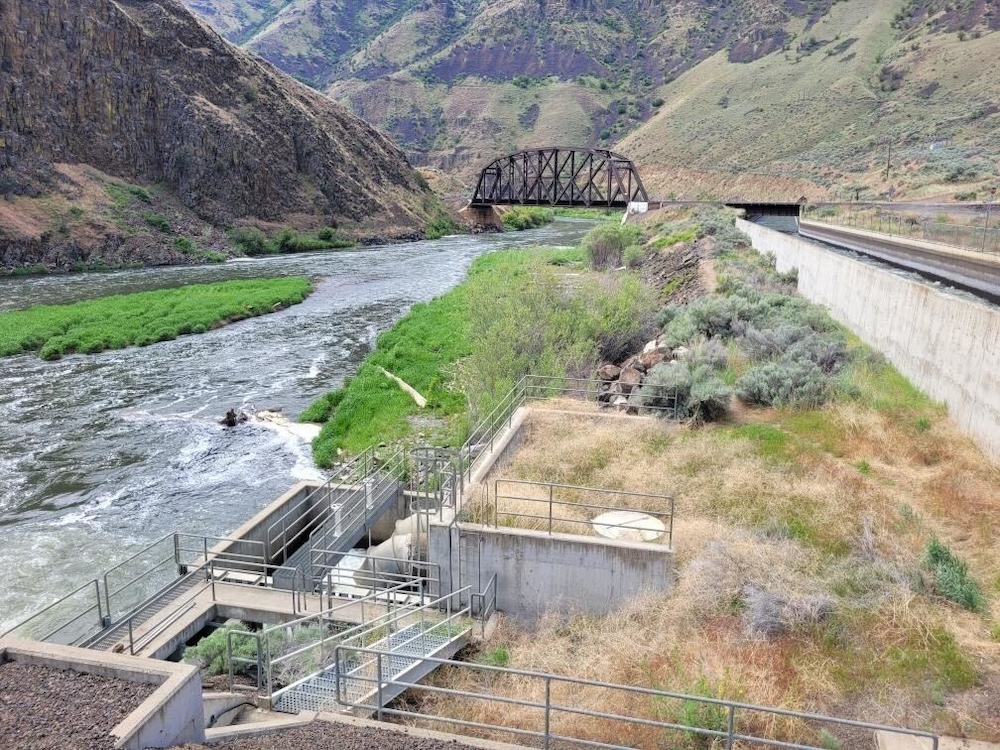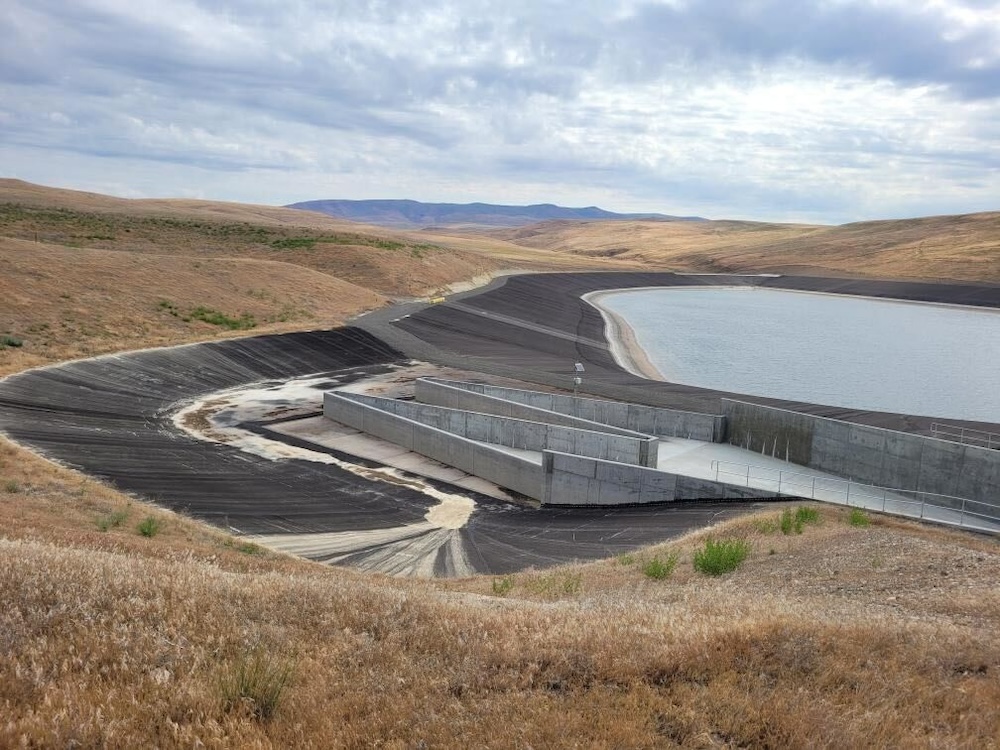April 4, 2024
By Esther Hewitt, Transformation Network Communication Intern, The University of New Mexico
Meet Becca Gustine, a Transformation Network-funded research assistant at Washington State University nearing the completion of her Ph.D. Becca’s work revolves around understanding the implications of snow droughts for food and water security in the Yakima River Basin (YRB). Snow droughts are periods of abnormally low snowpack. Snowpack in the mountains is a crucial water reservoir in the YRB, storing water that will be used later in the year.
With a background in water resources engineering, Becca uses remote sensing and computer models to explore the connection between lowland water, food security, and snow droughts. These computer models can inform water resource management, which impacts food security and the availability of irrigation water.
The TN prioritizes interdisciplinary and convergent research, and Becca exemplifies this concept through her collaboration with the Characterizing Wellbeing Across the Intermountain West Charter led by members of the Transformation Network at Utah State University. Becca noted, “Engineering gets criticized for not considering social aspects of natural resources and land management, so I thought I would attempt to learn how to do that.”
The Wellbeing Charter team, including Courtney Flint, Jessica Schad, Alex Theophilus, and Emma Epperson, is researching many aspects of community wellbeing in Central Washington. For Becca’s third Ph.D. paper, she used mixed methods, combining the interviews about community wellbeing with hydrologic modeling to understand how to better inform water resource management by considering a broader array of community wellbeing indicators as they relate to the environment.
“The work has given me a broader understanding in that there are a lot of people who have a lot at stake in the management of water resources. It’s good for me to be challenged to understand issues from new perspectives and a new discipline.”
Members of the Wellbeing Charter interviewed 121 residents from multiple communities in the YRB and held community listening sessions. The interviews were transcribed and coded for various themes. What emerged was the understanding that community wellbeing within the watershed is connected to water, snow, and the environment in different ways, including recreation, health, livelihoods, and more. Residents discuss the snow and water cycle as part of social conversations, for example, about the weather or heat.
Becca remarked, “I initially approached the project from a very engineering perspective, but the collaboration allowed me to develop a little bit better of an understanding in what goes into the social science and how I can maybe incorporate that a little more into what I do. The work has given me a broader understanding in that there are a lot of people who have a lot at stake in the management of water resources. It’s good for me to be challenged to understand issues from new perspectives and a new discipline.”
To adapt to climate change and other challenges facing the Western United States, an interdisciplinary approach and collaboration between academics and communities is essential. By bringing together researchers from different backgrounds and engaging with impacted communities, the Transformation Network is paving the way for innovative solutions to complicated issues. Becca’s work exemplifies this ethos, pushing the boundaries of traditional engineering research to address the complex challenges of our time.

A dam and fish passage in the Yakima River Basin. (Photo by Becca Gustine)

A water storage pond in the Yakima River Basin. (Photo by Becca Gustine)